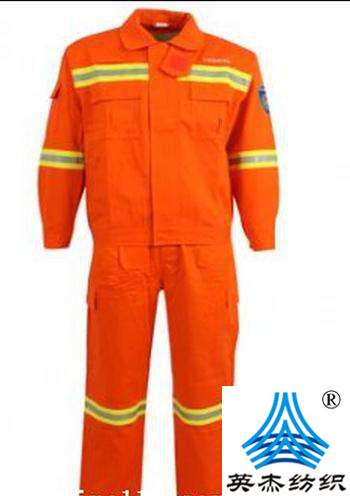Flame retardant clothing performance test
Flame retardant clothing performance testing
1.1. Flame retardant properties of fabrics
Test standard: 17596-1998
|
Test items |
Protection level |
indicator |
Washing times |
|
Burning time/s |
Class A |
≤2 |
50 |
|
Class B |
≤2 |
||
|
Class C |
≤5 |
12 |
|
|
Smoldering time/s |
Class A |
≤2 |
50 |
|
Class B |
≤2 |
||
|
Class C |
≤5 |
12 |
|
|
Damaged length/mm |
Class A |
≤50 |
50 |
|
Class B |
≤100 |
||
| ≥6000 |
GB/T 12704.1-2009 |
two. Test Methods
1.GB/T 2912.1-2009
textile
Formaldehyde content determination

Specific steps:
① Use a single standard pipette to take 5 mL of the filtered sample solution and put it into a test tube, and take 5 mL of each standard formaldehyde solution and put it into the test tube respectively. Add 5 mL of acetylacetone solution and shake.
② Place the test tube in a (40±2) ℃ water bath for color development (30±5) minutes, then take it out, add an equal volume of acetylacetone to 5mL of distilled water as a blank control, and use a 10mm absorption cell to measure at the 412nm wavelength of the spectrophotometer. Absorbance.
③Compare the standard formaldehyde working curve to calculate the free formaldehyde content in the sample.
2.GB/T 3917.3-2009 Textiles Fabric tearing properties
Specific steps:
① At the beginning of the test, set the distance between the two clamps to (25±1) mm, the stretching speed to 100mm/min, and select an appropriate load range so that the tearing strength falls between 10% and 90% of the full scale.
② Install the sample, clamp the sample along the non-parallel sides of the trapezoid, so that the incision is located in the middle of the two clamps, the short side of the trapezoid is kept taut, and the long side is in a wrinkled state.
③ Start the instrument and use an automatic recorder to record the tearing strength if possible. If the tearing is not along the incision line, no recording will be made.
3.GB/T 7573-2009 Textiles – Determination of pH value of water extract
Specific steps:
①Preparation of water extract
Prepare three parallel water extracts at room temperature. Add a 5 mm × 5 mm sample and 100 mL of water or potassium chloride solution to the flask. Tighten the stopper, shake thoroughly, and oscillate on a mechanical oscillator for 2 hours ± 5 minutes.
② Determination of pH value of water extract
Pour three portions of the extraction solution into beakers until the electrode is immersed to a depth of at least 10mm below the liquid surface. The electrode is not cleaned during each test. The pH values of the second and third extraction solutions are recorded as measurements. value. If the difference between the two measured values is not greater than 0.2, take the average.
4.GB/T 8630-2013 Textiles – Washing dimensional change rate
Specific steps:
① Measure the dimensions according to the methods specified in GB/T 6529 and GB/T 8628, and record the initial length and width of the sample.
② Wash and dry the sample according to a procedure specified in GB/T 8629.
③Measure and calculate the dimensional change rate of the sample in accordance with the procedures specified in GB/T 8628.
5.GB/T 12704.1-2009 Determination of moisture permeability of fabrics
Specific steps:
①Put about 35g of desiccant into a clean, dry moisture-permeable cup, and shake evenly to make the desiccant form a flat surface.
② Place the test sample face up on the moisture permeable cup, put the test assembly into the test box, and take it out after balancing for 1 hour. Cover the cup, place it in a silica gel desiccator at 20°C for 30 minutes, and weigh it accurately.
③ After weighing, shake the desiccant, remove the cup lid, quickly put the test assembly into the test box, take it out after 1 hour of test time, and weigh it.
Disclaimer:
Disclaimer: Some of the texts, pictures, audios, and videos of some articles published on this site are from the Internet and do not represent the views of this site. The copyrights belong to the original authors. If you find that the information reproduced on this website infringes upon your rights, please contact us and we will change or delete it as soon as possible.
AA






